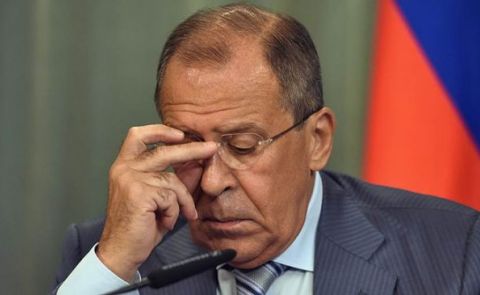
EU parliament condemns Turkey’s involvement in Nagorno-Karabakh war; Azerbaijan responds
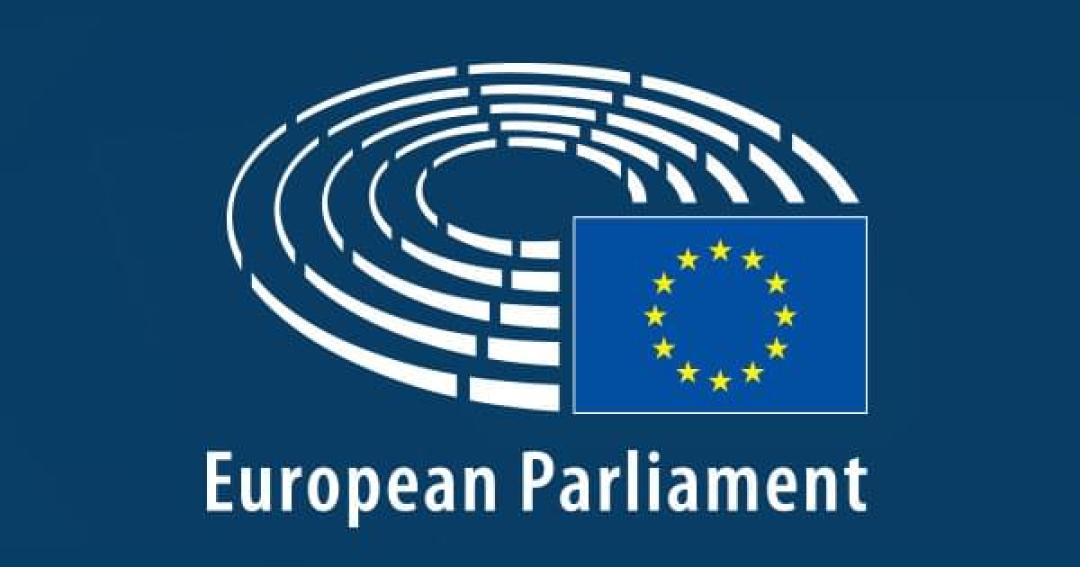
On 20 January, the EU parliament adopted two resolutions on the implementation of the EU Common Foreign and Security Policy, where it highlighted its opinions on the Nagorno-Karabakh war.
The EU parliament welcomed the Russian-brokered ceasefire that stopped the war but cautioned that the conflict remains unresolved. The EU expressed its hopes that the 10 November agreement would save the lives of both civilians and military personnel and open brighter perspectives for a peaceful settlement of this deadly conflict. They regret that changes to the status quo were made through military force, rather than peaceful negotiations. The resolution strongly condemned the killing of civilians and destruction of civilian facilities and places of worship. The parliament condemned the reported use of cluster munitions in the conflict and urged both Armenia and Azerbaijan to ratify the Convention on Cluster Munitions, which comprehensively bans their use, without further delay. Parliament stressed that a lasting settlement still remains to be found and that the process of achieving peace and determining the region’s future legal status should be led by the Minsk Group Co-Chairs and founded on the group’s Basic Principles.
It also highlighted the urgent need to ensure that humanitarian assistance can reach those in need, that the security of the Armenian population and its cultural heritage in Nagorno-Karabakh is ensured, and that internally displaced persons and refugees are allowed to return to their former places of residence; called for all allegations of war crimes to be duly investigated and those responsible to be brought to justice; called on the EU to be more meaningfully involved in the settlement of the conflict and not to leave the fate of the region in the hands of other powers.
The resolutions also condemned the “destabilising role of Turkey” in the region; calling on Turkey to refrain from any interference in the Nagorno-Karabakh conflict, including offering military support to Azerbaijan, and to desist from its destabilising actions and actively promote peace. It further condemned the “transfer of foreign terrorist fighters” by Turkey from Syria and elsewhere to Nagorno-Karabakh, as confirmed by international actors, including the OSCE Minsk Group Co-Chair countries. The EU parliament also regrets Turkey’s willingness to destabilise the OSCE Minsk Group as it pursues ambitions of playing a more decisive role in the conflict.
The spokesperson of Azerbaijan’s Foreign Ministry Leyla Abdulayeva commented on the EU parliament’s resolutions, saying that the documents reflect the EU's unequivocal support for the territorial integrity of the Eastern Partnership countries (including Azerbaijan) within their internationally recognised borders. “When it comes to some baseless and delayed points reflected in the resolution, we would like to lend clarity to them. Firstly, our position regarding the future status of the region and the issue of ensuring the security of the Armenian population and heritage of Nagorno-Karabakh is clear and repeatedly has been unequivocally voiced. We would like to bring to the attention of EP members who are not familiar with this position that the Azerbaijani President Ilham Aliyev has sent the issue of status to the ash heap of history, and when it comes to the security of Armenian people and heritage, the rights of all citizens in the territory of Azerbaijan are guaranteed by the Constitution of Azerbaijan regardless of ethnicity and religion; the historical-cultural monuments are protected at the state level,” she said.
“The baseless allegations regarding brotherly Turkey have been reflected in the resolution, and biased thoughts, that do not reflect the truth, have been noted. We note that Turkey is one of the leading countries in the region, interested in ensuring peace and stability in the region, and plays a crucial role in this basis,” she added in regard to the resolutions condemning Turkey’s involvement in the conflict.
See Also

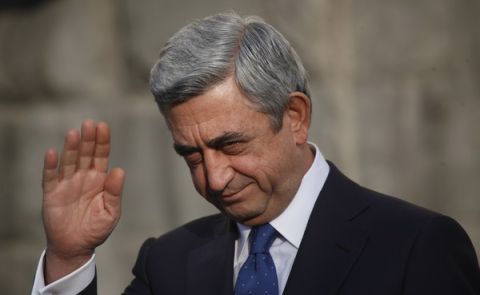
Serzh Sargsyan Rejects Charges, Backs Impeachment, and Warns of Secret Deals
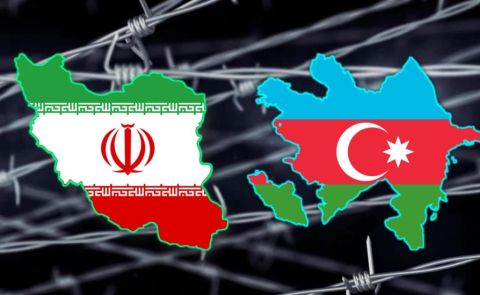
Azerbaijan Confirms Execution of Terrorist Behind Embassy Attack in Iran
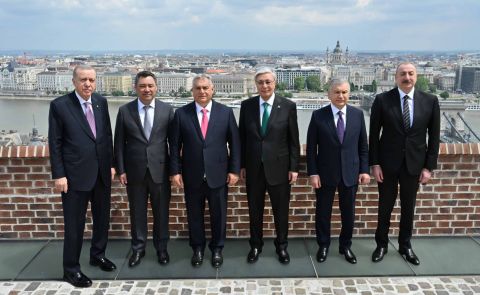
Turkic Leaders Adopt Budapest Declaration, Emphasizing Peace, Trade, and Digital Connectivity
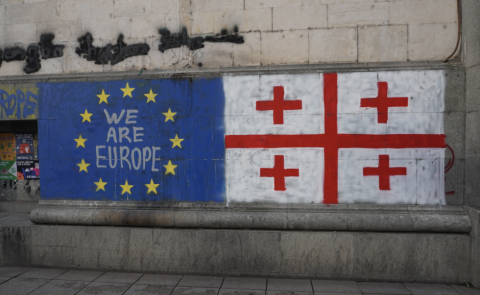
International Officials Criticize Georgian Dream Amid Democratic Concerns

